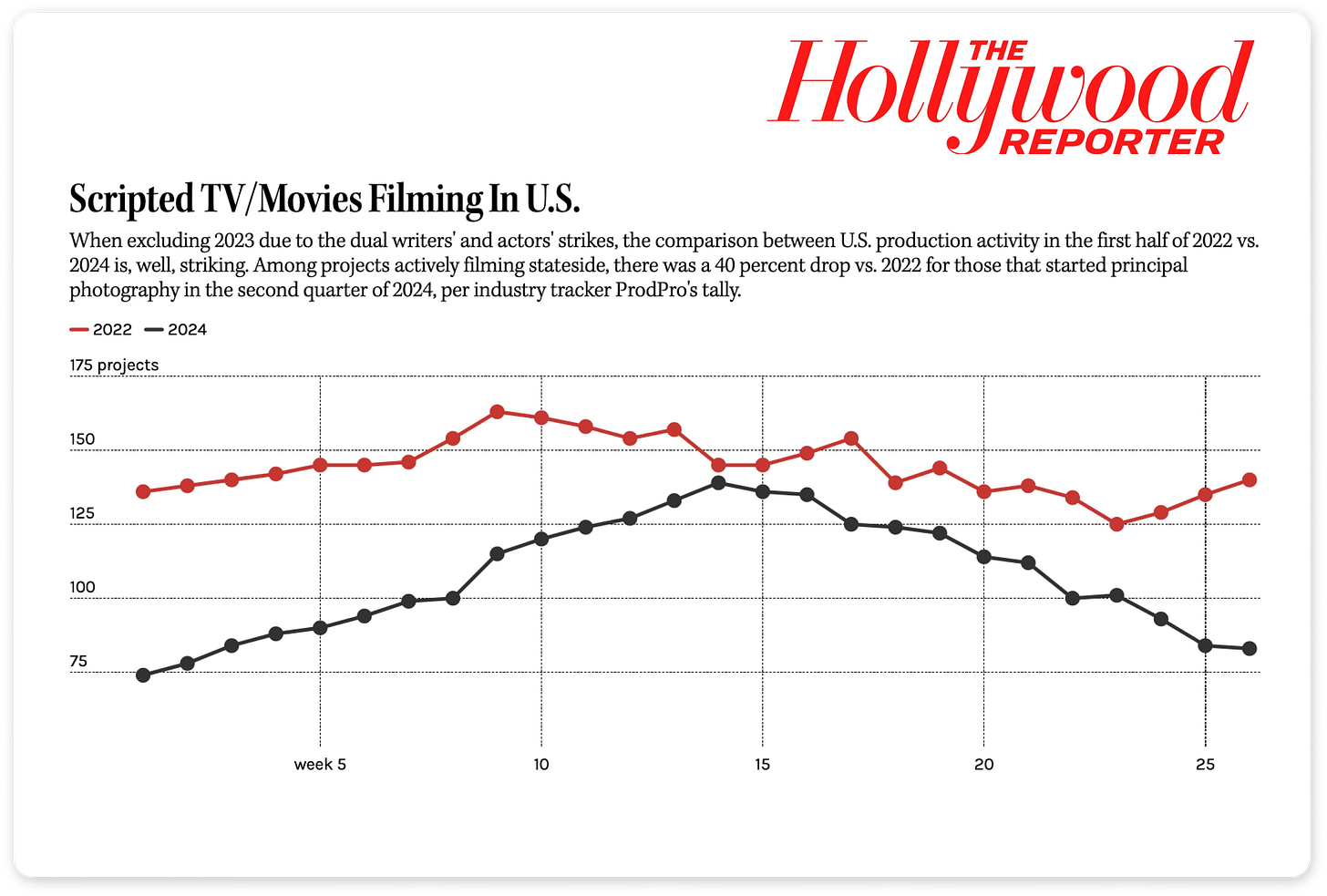Every fire season in Los Angeles, I think back to the Wolsey fire. When the call came, I raced home from work, hooked up the trailer and started loading animals. My son living with us between Apartments was off vacationing in China and I sent him a quick text to ask him what he wanted me to put in the car. It was all of his computer gear, and nothing else. When you have an hour to pack up and run for it, it’s hard to determine what is important enough to carry with you. It turned out that you only leave room for live things, important identity papers, a few mementos, and bottled water. Lots of water.
We rode out the fire at a friend’s ranch in Montenito. We watched from a ridge top as the fire blew by in the distant hills on its way to Malibu, where an hour later people were running for their lives. My next-door neighbor tried to ride it out, but at 4:00 am the next morning, the 18,000- acre Palo Comado National Park that abuts our neighborhood exploded like someone had dropped a Nuke on it. He got in his car and tore out of there.
The firefighters saved the day as usual, making their last stand at the bottom of the hill that leads up to where we live. For their efforts, only 2 homes on my street were lost. The fire came in from another direction and took out 2 houses behind us, but we were back in our house 2 days later, shaken, but not that much worse for wear. It smelled of smoke for weeks.
We’re in the middle of a metaphorical fire in Hollywood, as the old system is in the process of burning down. You can see it every day in the trades. It’s not just the massive layoffs going on at the Studios. It’s runaway production, post packaging, post strikes, post streaming wars reaction to where future revenues will come from. It’s the cost of shooting in Los Angeles. It’s a wholesale reorganization of the representation business. It’s a lot.
Last week three major stories hit the news wires:
#1. Barbarians at the Gates…. Again. Hedge fund TPG, formerly the majority shareholder of CAA, who took them from a $700 Million to a $7 Billion valuation, by using an endless flow of capital, to scale and crush competition, and then sold its stake in 2023, has purchased Management firms Grandview and Untitled Entertainment. Creating the beginnings of the first of what I’m sure will be several mega-management Companies to begin competing in that space through consolidation and scale.
Why does this matter? Oh, this matters.
Back in simpler times, you know before the Strikes, before Covid, there was the WGA’s actions against their agencies over packaging. WGA leadership had the membership all fire their agents en masse. The entire affair went on for 8 months, where the Writer’s agencies responded by laying off lots of agents. Those agents, by and large, became Managers. Enter Covid and more agency layoffs ensued. Where did those agents go? Management. The Strikes? Same thing, layoffs and more Managers. There was a point where it seemed Managers were sub-dividing there were so many.
Management companies, traditionally smaller businesses, provide negotiation and production partnering for their clients who most often also have agents. But, if you flood the Management business with recently laid-off agents, the outcome is fairly predictable. They keep acting like agents.
The way the labor laws are laid out, Agents procure work, and Managers are supposed to negotiate the deals. Of course, it doesn’t always work this way, and the big agencies, let these smaller Managers do whatever they needed to survive. But now, as the Management companies have grown exponentially, they are beginning to rival the sizes of mid-size to large talent agencies, which creates a problem. Who is doing what? Or more to the point, Managers have become the new agents.
While TPG is busy building the next CAA of Management firms, CAA itself is suing Range Media (one of the larger Management firms) for acting as an unlicensed talent agency. Range is procuring work for clients, which is the job of the agent.
More to the point, a lot of Actors, Writers, and Show Creators, no longer see the point of having an agent, and are just going with Managers now. The litigation I felt would arise from this new dynamic is happening now. TPG doesn’t seem to care. They want to take advantage of the situation the agencies created by laying everyone off. It’s Karma, man, but it is going to get ugly.
#2. Oops, I did it again. Sony CEO Tony Vinciquerra, speaking at MIPCOM in Cannes, became the first studio bigwig to come clean about what was said in the negotiation room during last year’s WGA and SAG/AFTRA work stoppages.
It is pretty simple actually. Producers kept telling the Union leaders that they were making it virtually impossible to shoot projects in Los Angeles by pricing it out of the competitive global marketplace.
However, considering that SAG/AFTRA received a 16% increase over three years, the deal is just yearly cost of living increases, and some unintelligible AI language, what else were they supposed to negotiate for?
The AMPTP Studios were going to bring production out of the country anyway, but are now blaming the Guilds for making it too expensive to shoot here. Is it 5.25% annually more expensive to hire union actors now? Well, of course, but does that make it impossible to shoot here? Not by itself. Besides the threat of union shutdowns every three years, there are a host of other reasons to produce content elsewhere.
The expense of shooting in LA goes far beyond the union minimums. Everything from Catering to Casting is more expensive than in other markets. The shooting permits you are required to get from FilmLA are expensive and highly restrictive. They operate with all the flexibility of the DMV in an industry where quick changes are the name of the game. If FilmLA as the governing body will only help you make changes if you keep giving them more and more money, then are they here to help? Or, do they just have their hand out like so many who profit from bureaucracy?
The mistake was, by striking, the WGA and SAG unwittingly gave the Studios six months of a unilateral financial break where they didn’t have to worry about competing with each other and make long-term plans to bring production elsewhere.
Slates are planned long in advance. So, once that strike giveaway was done, they had already fully optimized to shoot abroad, as Mr. Vinciquerra said they would. They have adjusted their strategy to produce where overall costs are much cheaper in less developed film markets, and the tax incentives are more generous. They got their cake and ate it too, and are still eating it. In the process, they’ve dealt a devastating blow to Hollywood.
#3. Newsom Throws Hollywood a Bone…. Sort of. Over the weekend, the Governor proposed raising the film tax incentive from its current $330 Million annually to $750 Million annually. This is a good thing and sounds like enough of a jump to make an impact, but the $750 Million cap is not a sure thing until the Legislature approves it without negotiating it down, and even at that level, some major things are missing.
Newsom said point blank that only the level of funding will change, which means Hollywood is still stuck with qualifying criteria that is eons behind other film markets.
In brief, the California incentive will still primarily benefit below-the-line costs, while Georgia also covers above-the-line costs, where the big actor and director salaries are in the budget. The criteria also gives priority to productions employing the most people, so it is heavily slanted to Studio tentpole movies. Excluded altogether are TV Commercials and Music Videos, while Georgia includes these projects as well. Even so, production in Georgia is down as well.
This is to say nothing of the incentives coming from Canada and Europe, which is the bigger problem. For example, Hungary just announced a 30% rebate Above and Below the Line with no annual cap. When you add in the reduced labor costs and the favorable currency exchange rates in other countries against the Dollar, it’s a no-brainer to bring productions off-shore. In essence, to keep productions in the US, it’s become an equation of “give me a reason” to shoot at home. So far, we haven’t found one. Or, rather we have, but not enough of one.
So, what will rise from the ashes? Nothing before a lot of litigation and legislation, which will take a while. The representation question ultimately requires changes to laws and licensing. Currently, Talent Management Companies only need a business license to operate, while Talent Agencies require a business license AND a Talent Agency License. The only real solution is to institute a State-controlled Talent Management license. In this way, there will be hard, fast laws on how each kind of company can operate.
As for production leaving the US for other countries? The federal government is likely to need to become involved. I’ll say the dirty word… Tariffs. If you want to make your projects in other countries, feel free, but to show them to the US market, you will have to pay import taxes.
Currently, finished films are not treated as “Physical Goods,” but as “Intellectual Property.” I would argue that the ideas are intellectual property, but the finished products become physical goods upon completion and should be subject to the same import taxes as any other manufactured product.
I’m not a fan of Tariffs in general as they make the free market less free, but, I do believe when there is a domestic workforce that can do the work, they are the way to level the playing field, as goods and services will always be cheaper outside the US.
So there you have it. The fires are raging, but there are ways to get them under control if we put our minds to it.







This all rings depressingly true. Turns out I was wrong about no politician being willing to promote increased tax subsidies to Hollywood -- although due to be termed out, Newsom took a stand -- but while he can lead the Democratic legislature to water, it's unclear that he'll be able to make them drink. God knows how the Republicans in the legislature will react, other than to begin plotting their next campaign commercials lambasting giving more taxpayer dollars to Hollywood. I don't think Newsom would dare extend those subsidies to actor's salaries, though -- that would be a political bridge too far.
I don't put much hope in the Feds getting involved no matter who wins the White House next week. tRump seems to hate Hollywood (except for Scorbo, James Woods, and Roseanne, none of whom are real players at this point), and if Kamala takes the Oval Office, I expect she'll be busy putting out other fires for a while.
And speaking of fires ... yeah, I've been there. Had twenty minutes to pack up and run from my shack in the woods in the early stages of the Mount Vision Fire back in '95. Taking that last look around before jumping in the car and hightailing toward safety has a way of reestablishing one's priorities. But I too lucked out: the efforts of firefighters and a propitious wind shift as the flames were 50 feet from my place saved it, after which the fire drove all the way to the beach several miles away.
As the saying goes, sometimes it's better to be lucky than good...